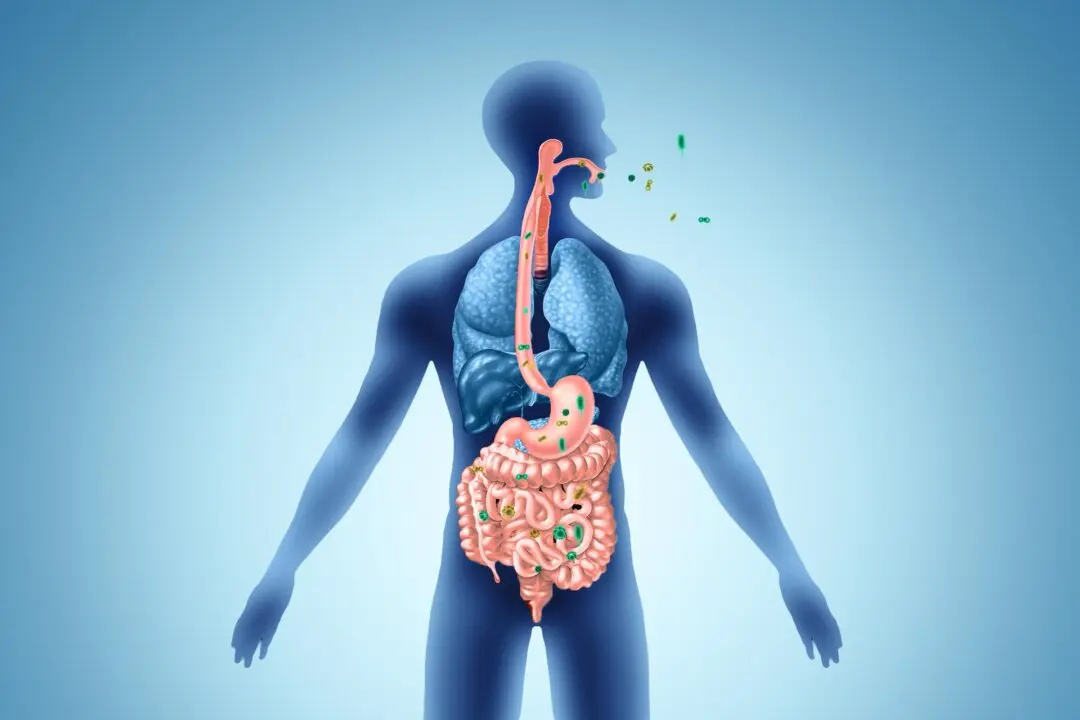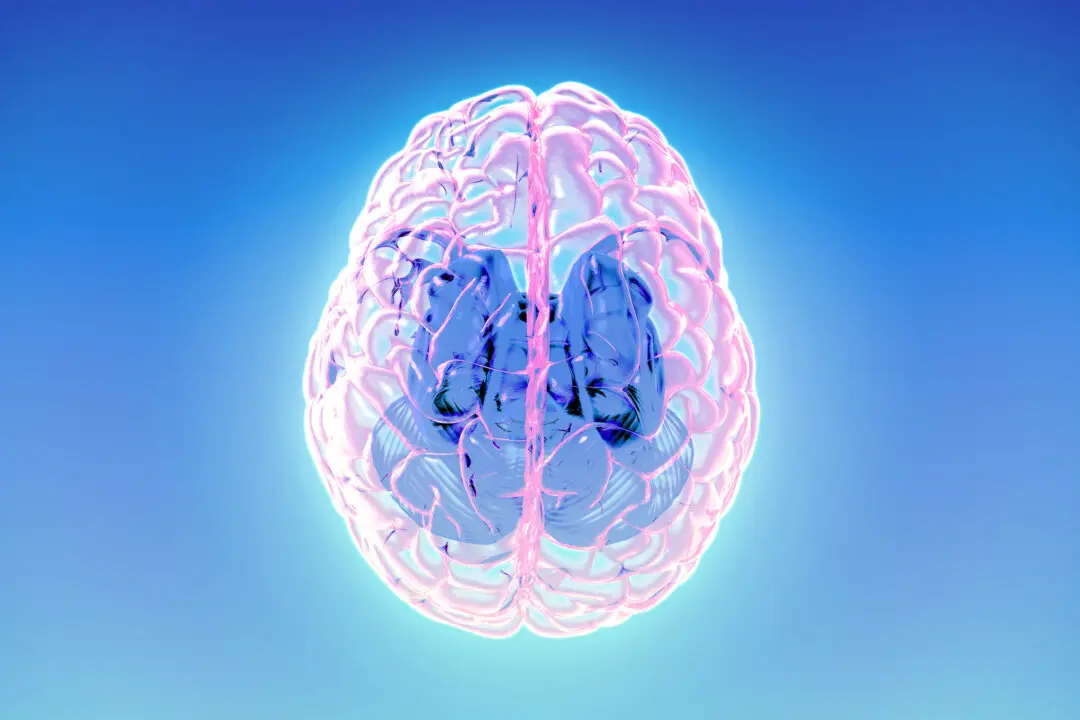Depression is a significant mental health issue, affecting about 21 million Americans, roughly 8.4 percent of the U.S. population. Medications commonly prescribed for unrelated conditions can increase the risk of developing depression as a side effect.
“But the range of medications involved, and their disparate mechanisms of action, suggests that it is unlikely that we will identify a specific cause,” he said.






